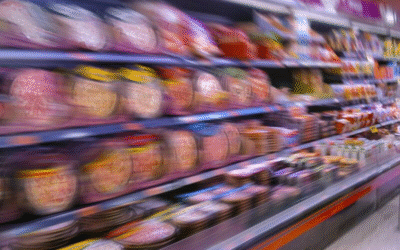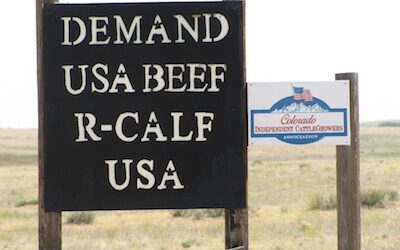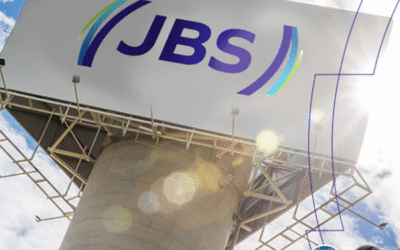This week’s Beef Maps X Spaces cut straight to the heart of what’s choking out independent ranchers—imported beef, regulatory bottlenecks, and false labeling. From South American feedlots to USDA certification games, the barriers to entry aren’t just economic—they’re systemic and strategic.
But there’s a shift happening. Led by RS “Ruffshot” June and Ranch Mama Shannon, and joined by producers like Golden Ratio and Beck Ranch, the conversation exposes how BeefMaps.com is giving ranchers a voice, a platform, and a fighting chance—no middlemen required.
Key Points Covered
- Imported Beef Is Undermining US Cattlemen
With up to 85% of beef on US shelves coming from overseas, the system is rigged. Tariffs are only the beginning of a long-overdue reset - Why Other Countries Reject American Beef
Antibiotics, hormones, and feedlot practices have made US beef untrustworthy abroad—yet still marketed as “Product of the USA” at home - The Processing Cartel
Just four corporations control 85% of the US beef market. Prices are manipulated at will, squeezing both ranchers and consumers - Labels Don’t Mean What You Think
“Grass-fed” and “organic” labeling is deeply misleading. Even USDA-certified organic allows a long list of chemicals - The Beef Maps Model Is Different
No bridge trolls here. Beef Maps connects consumers directly to ranchers like Jesse of Golden Ratio, who doesn’t even want online orders—he wants a phone call
Closing Quote
“Are they leading you directly to that rancher’s domain—eminent domain, anybody? That’s the question.” — RS “Ruffshot” June









0 Comments